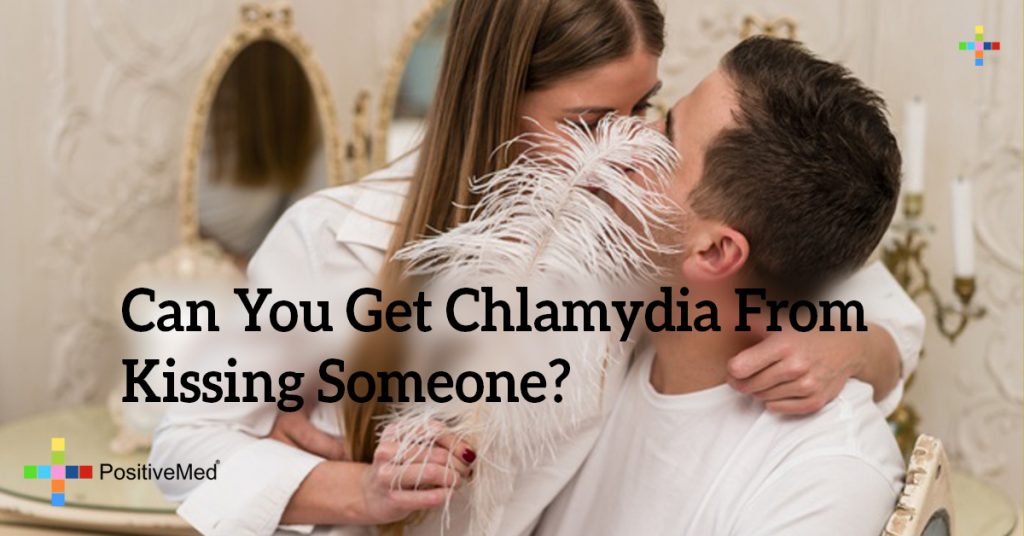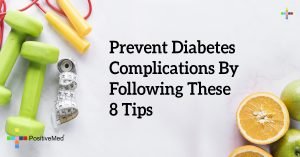
Can You Get Chlamydia From Kissing Someone?
Medical experts say it is not possible to actually get chlamydia from kissing someone. Chlamydia is a bacteria, not a virus. There are lots of myths about how chlamydia is transmitted. Know that kissing someone on the mouth, no matter how passionately, is considered a safe practice for healthy adults.

Kissing and Chlamydia
The question about kissing and chlamydia is a logical one. Although there are lots of diseases that may be passed from one person to another through mouth contact, such as Epstein-Barr Virus (EBV) or herpes, chlamydia isn’t considered a “kissing disease.”
To develop a chlamydia infection, the host first picks up the chlamydia trachomatis bacteria. This bacteria is only passed from a live carrier as it does not survive on toilet seats, bathtubs, or any place outside of a living host.
Viruses Spread Through Kissing
Unlike chlamydia, EBV and herpes virus can be easily spread from the mouth. The person with herpes might not have an open lesion on the lips. A herpes carrier can spread the virus when he or she has an active infection.
RELATED ARTICLE: 5 Common Kissing Mistakes
Herpes is responsible for cold sores or vesicles. A contracted viral illness is forever. Thankfully, bacterial infections like chlamydia can be cured.
Chlamydia Throat Infections
It’s possible for an individual to live with a chlamydia throat colony for months or even years without symptoms. Because this chlamydia fact is true, deductive reasoning can lead to concerns about catching Chlamydia bacteria from someone with a chlamydia throat infection.
Mouth-to-Mouth Kisses
People do not catch chlamydia from kissing another person’s mouth. Regardless of how passionate the mouth-to-mouth kiss, the risk of contracting a chlamydia infection is negligible to non-existent according to medical experts.
Conclusion
Chlamydia is sometimes called a silent infection because it can take quite some time for the carrier to develop symptoms. Gratefully, men and women aren’t required to stop kissing an attractive person in the interest of safety from disease. Regular health checks are also important to health maintenance.
According to “Prescription for Nutritional Healing,” Phyllis Balch recommends herbal medicines as complementary chlamydia therapies. Astragalus, Echinacea, and/or red clover may help the chlamydia suffererto feel better faster. Tell a doctor about any medicines, including herbs, you’re taking to avoid potential drug interactions.
To learn more about chlamydia, including signs/symptoms and treatments, watch this short video for more information:
“Preciption for Nutritional Healing,” Phyllis Balch (2006)







